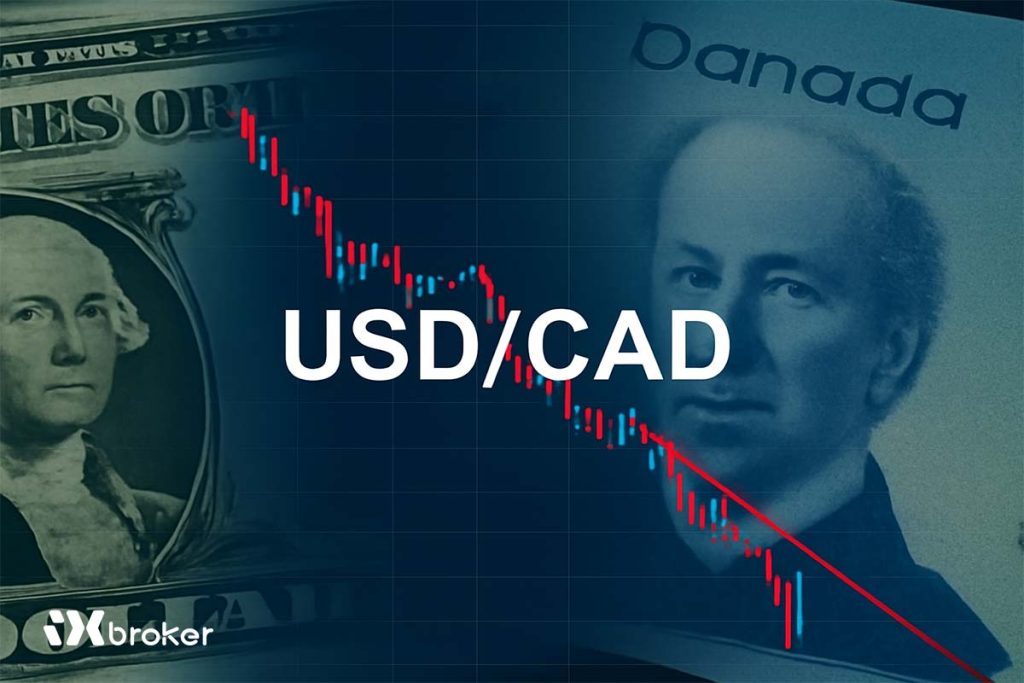Moody’s decision to lower the United States’ credit rating has fueled growing investor apprehension about the escalating national debt and the country’s financial outlook. This development comes as Congress debates a substantial fiscal package that could significantly increase government debt and complicate the outlook for financial markets.
Moody’s Downgrades U.S. Credit Rating
On Friday, the credit rating agency Moody’s downgraded the United States’ credit rating by one notch, intensifying investor concerns regarding the federal government’s financial condition and the rapid growth of public debt. This downgrade marks the latest action among the three major rating agencies responding to America’s $36 trillion debt burden.
Impact of Congress’s Fiscal Package on National Debt
This downgrade occurred as Republicans control both the House of Representatives and the Senate, seeking to pass a package that includes tax cuts, increased government spending, and reforms to social safety nets—measures that could raise the U.S. government’s debt by several trillion dollars.
“The Big Beautiful Bill” and Legislative Challenges
Known as “The Big Beautiful Bill,” this fiscal proposal, despite hopes of improving international trade, continues to face serious skepticism within Congress. While President Donald Trump has called for unity around this bill, its passage faces significant hurdles.
Bond Market Reaction to Moody’s Downgrade
Carol Schleif, Senior Market Strategist at BMO Private Wealth, noted that the bond market closely monitors fiscal developments in Washington. She stated, “Moody’s downgrade may prompt investors to adopt a more cautious view of the current situation.” She further emphasized that “the bond market, as vigilant overseers of fiscal policy, is determined to hold the government accountable for responsible financial management.”
Economic Consequences of the Credit Downgrade
Following similar actions by Fitch in 2023 and Standard & Poor’s in 2011, this downgrade could increase borrowing costs for both the government and the private sector in the U.S. Spencer Hakimian, founder of Tolou Capital Management in New York, commented, “Ultimately, this trend will lead to higher borrowing costs across various sectors of the American economy.”
Market Experts’ Views on Market Reactions
However, according to Gennady Goldberg, Head of Interest Rate Strategy at TD Securities, Moody’s downgrade is unlikely to trigger forced selling by funds restricted to holding only the highest-rated securities, as these funds updated their investment criteria following the S&P downgrade. Still, he added, “This move will draw greater market attention to fiscal policies and the legislative process in Congress.”
Concerns Over Congress’s Budgetary Approach
A critical point in this context is the level of congressional opposition to fiscal plans that may violate budgetary principles. Scott Clemens, Senior Investment Strategist at Brown Brothers Harriman, believes any legislation indicative of excessive spending could diminish investor appetite for purchasing long-term Treasury bonds.
Estimated Fiscal Impact of the Bill on National Debt
According to estimates by the Committee for a Responsible Federal Budget (CRFB), this bill could increase U.S. national debt by approximately $3.3 trillion by 2034, potentially reaching $5.2 trillion if certain temporary provisions are extended.
Conclusion
Moody’s downgrade of the U.S. credit rating serves not only as a warning to fiscal policymakers and legislators but also sends a strong message to financial markets that vigilant oversight of the nation’s fiscal health is more critical than ever.



